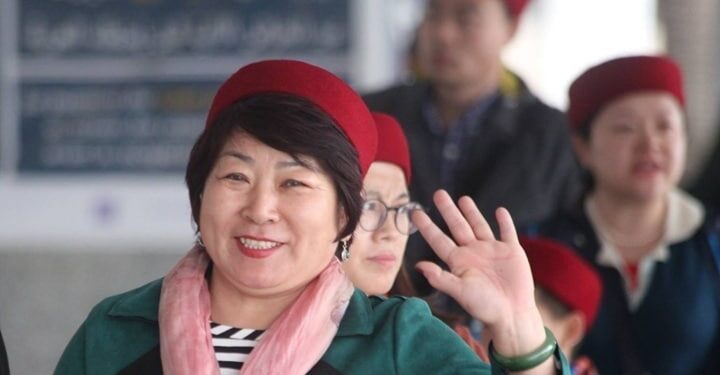Tunisia is now establishing itself as a trusted stopover on the new tourist Silk Road. According to a report published by the Chinese platform Tong Cheng Travel, one of the country’s largest online travel agencies, Tunisia was ranked as the first safest and most attractive global destination for Chinese tourists during the Mid-Autumn Festival holiday (October 1–8, 2025), reports TAP Agency.
This ranking places Tunis ahead of international tourism heavyweights such as Japan, Spain, Vietnam and New Zealand. A strong symbol, in a global context where safety and quality of stay have once again become decisive criteria for travelers.
Tong Cheng Travel’s study highlights a clear trend: Chinese tourists are increasingly turning to long-distance, high-end and secure travel. During this period, reservations for so-called Safe Choice tourism products increased by 30% compared to Labor Day, while stays of more than two nights increased by 52%.
This shift reflects a cultural change: Chinese tourists are looking less for mass consumption than for an authentic experience and reliable service. It is in this qualitative niche that Tunisia has distinguished itself, by offering a balance between heritage, hospitality and stability.
Diplomacy and winning strategy
Behind this success lies a strategy for reconquering the Asian market, initiated several years ago by the Tunisian authorities and the Tunisian National Tourism Office (ONTT). Participation in specialized trade fairs, targeted campaigns on Chinese networks and partnerships with local agencies: everything contributes to putting Tunisia on the radar of the modern Chinese traveler.
In a Middle East and Africa in full tourist reconfiguration, Tunisia appears as a safe and elegant alternative, far from areas of tension, but close to Mediterranean imaginations.
This distinction goes beyond just tourism. It strengthens the international credibility of a country which seeks to combine openness and security, tradition and modernity.
On the Silk Road of the 21st century, Tunisia is no longer content with being a geographical crossroads: it is becoming a crossroads of trust, where culture, stability and quality of life now attract attention from the Orient.
Also read:








